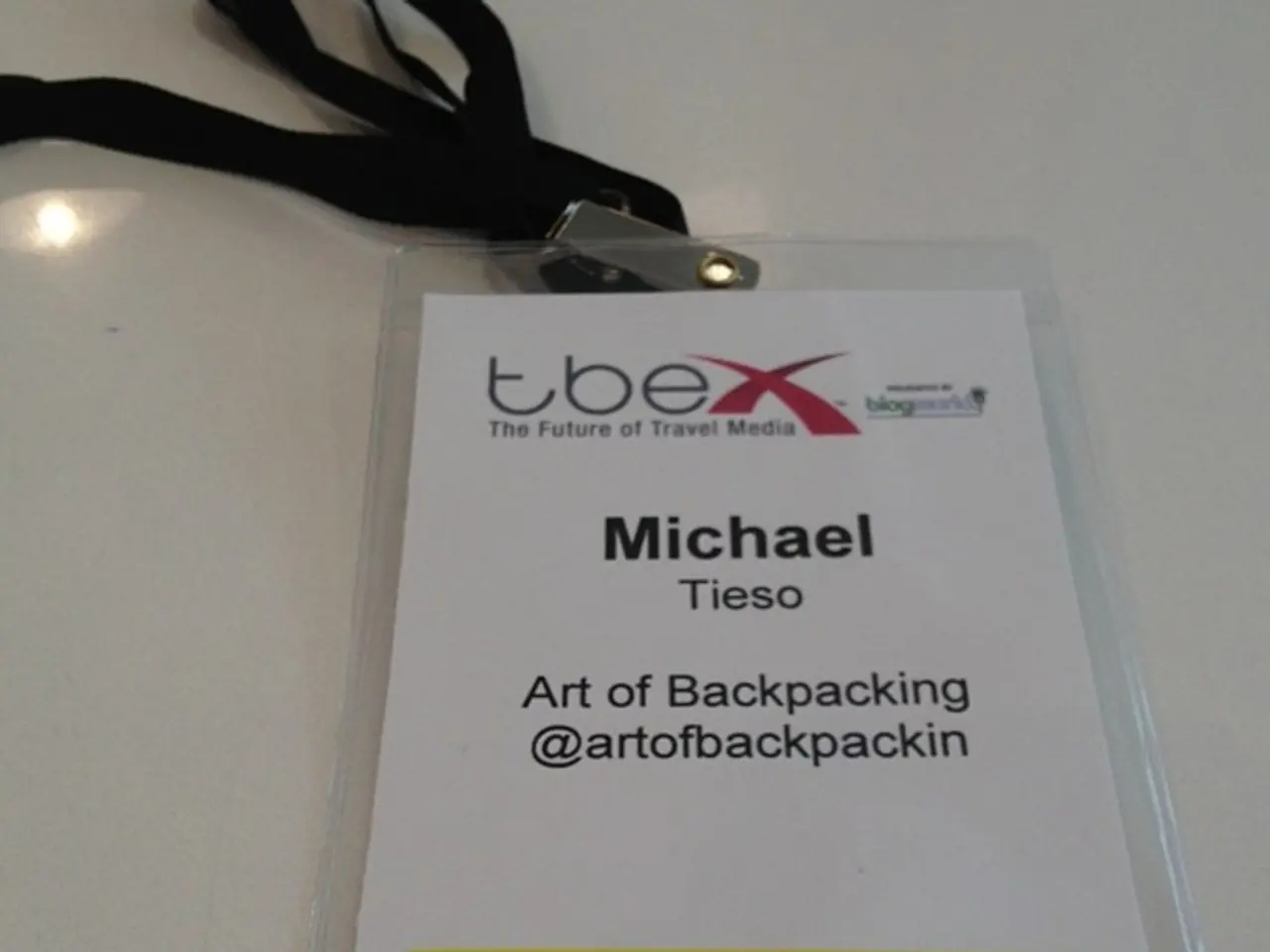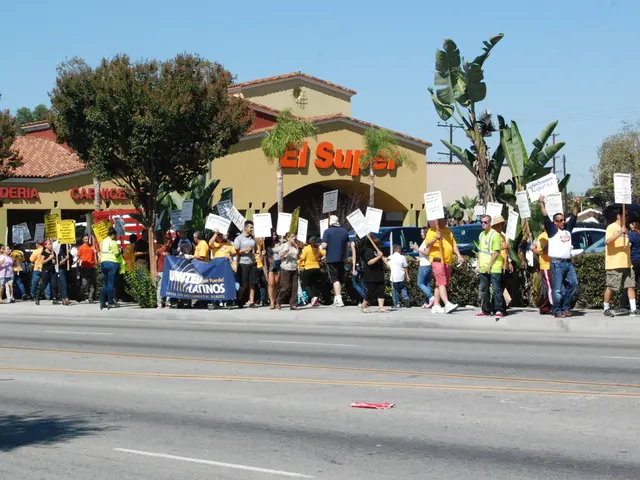New Permanent Residency Pathway to be Unveiled by Canada in 2025
Canada's Economic Mobility Pathways Pilot (EMPP): A Pathway to Permanent Residence for Skilled Refugees
Canada is set to launch a new permanent immigration program in 2025, based on the success of the Economic Mobility Pathways Pilot (EMPP). First introduced in 2018, the EMPP has enabled skilled refugees and displaced individuals to work and settle in Canada permanently through various economic programs.
The EMPP is an immigration pilot that runs for five years, with the current iteration set to expire on December 31, 2025. According to Immigration, Refugees and Citizenship Canada (IRCC), a total of 970 people have been admitted to Canada through the EMPP, as per the most recent government data (2019 - Mar 2025).
The EMPP has two streams: a job offer stream and a no job offer stream. To apply through the job offer stream, a foreign national must have a valid job offer from a Canadian employer. On the other hand, the no job offer stream is designed for those who do not have a job offer but possess the necessary skills and qualifications.
For the no job offer stream, applicants must meet certain requirements. They must have a Canadian Language Benchmark (CLB) of CLB 7 in all four language abilities. They must also provide proof of settlement funds and a Canadian high school diploma or foreign equivalent. Additionally, they must have one year of full-time work experience in TEER 0, 1, 2, or 3 under Canada's National Occupational Classification.
When applying through the Regional EMPP, a foreign national must be eligible for and first apply to a province or territory participating in the Atlantic Immigration Pilot (AIP) or Provincial Nominee Program (PNP). Under the AIP, applicants do not need to provide an education credential assessment nor time-frame specific hours worked.
The federal government provides EMPP-specific settlement assistance and helps with travel costs and the right of permanent residence fee. IRCC also waives application costs and biometric fees for EMPP applicants and their dependents, and covers the costs of their medical exam(s).
It's important to note that the federal government has yet to announce full details on the upcoming permanent pathway, such as eligibility criteria and other features of the program. However, according to IRCC's Departmental Plan 2025-2026, the new permanent pathway to PR is set to launch prior to the expiry of the current pilot.
The group of persons designated by the Government of Canada for 2025, who are permanently immigrated based on the success of the existing Economic Mobility Pathways Pilot, is called the Economic Mobility Pathways Pilot (EMPP) participants or beneficiaries under this pilot program.
Applicants for the EMPP must apply from outside Canada. Whether they apply through the federal or regional EMPP, they must do so from outside Canada. It's also worth mentioning that the EMPP is a temporary immigration pilot, and as such, it's currently closed.
In conclusion, the Economic Mobility Pathways Pilot (EMPP) has been a successful initiative in connecting skilled refugees and displaced persons with Canadian employers. With the launch of a new permanent pathway to PR in 2025, Canada continues to demonstrate its commitment to providing opportunities for those in need.
Read also:
- United States tariffs pose a threat to India, necessitating the recruitment of adept negotiators or strategists, similar to those who had influenced Trump's decisions.
- Weekly happenings in the German Federal Parliament (Bundestag)
- Southwest region's most popular posts, accompanied by an inquiry:
- Discussion between Putin and Trump in Alaska could potentially overshadow Ukraine's concerns







